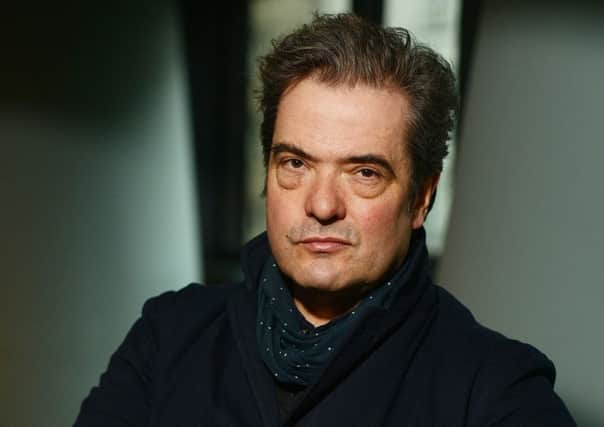Book review: The Remnant, by Charlie Fletcher


To recap: the Oversight is a group of individuals who have both human and supernatural parentage, and are tasked with maintaining order between the supernatural and the human. They are much reduced after a sneaky attack luring them into an oubliette; indeed, they have dwindled to a “Hand” of five, and two of them are only children.
Were one casting this, it is clear already that there are two lovely roles for child-actors, but there is also a will they/won’t they relationship between their superiors Sharp and Falk (please: David Tennant and Maxine Peake), some comic and elegiac cameos for the Cook and the Ratcatcher (Miriam Margolyes and Johnny Vegas?), and superb roles for the various villains: the aristocratic Mountfellon (Rupert Everett), the legal horrors of the Templebanes (Richard Griffiths, were he alive) and their urchin wards, and the mysterious Citizen pulling the strings behind it all (a Robespierre who avoided death and now intends to destroy anything that does not conform to his idea of rationality, while exploiting all the possibilities of the irrational: I’m available).
Advertisement
Hide AdAt the end of the previous novel, the Sluagh – the fey but tattooed supernaturals – had broken the prohibition over them concerning iron; a traditional piece of folklore that such beings are repulsed by that metal. All bets were off, especially as the Templebanes had managed to strike a major blow against the Oversight. It was, as most good second parts of trilogies are, a bit like The Empire Strikes Back: the heroes diminished, the fates of our heroes in peril, and the wicked gloating. One character decided to relinquish her loyalties and light out for the territories, another became even more embedded in the cause.
To end something is difficult. There have to be surprises, and in this, the death of one character is genuinely shocking. Of all of them, I did not see it coming, even though it is very subtly hinted at – said person says “I don’t think I’ll see her again”, and only in retrospect does this become about the person saying it rather than the subject.
There is – as there should be – an epic shoot-out. The mythology of the books is fairly well established – travelling through mirrors, a pact between the mundane and the eerie that seems to have been broken, how the weird has always been braided through British history – but in this instalment it seems more expansive. It also becomes, in the end, a family tragedy. Or families’ tragedies.
To this extent, it conforms to the proper way in which such fictions should work. The ending is always melancholy. Frodo doesn’t have a chipper time after the ring goes down with Gollum, the children who went to Narnia all died on a train, Lyra and Will in His Dark Materials agree to never see each other again for the good of the universe.
Fletcher pulls off a similar tone here: there is a degree of optimism, but the ending is mostly minor key. The children now have responsibilities, and the adults have an awareness of their own mortality. All are committed to a future they realise they may not see.
The books, as a whole, have been impressive in certain features. One significant character is bullied by racists because of his skin colour. A person institutionalised holds the key to the whole story. So does another. The female characters are frequently the ones who have the answers and the bravery to step up to the plate when necessary. The macho-est of the men elects to retreat, in part to heal, in part because he is part of the problem.
None of this seems forced or
Advertisement
Hide Ad“politically correct”; there is a kind of blindness in the book which is wholly admirable. There is even, in the legs and arms chopped off, a sensitive exploration of the nature and consequence of disability. There is a character who can admit to feelings for someone of the same sex, and has to deal with the rejection thereafter. All this is done with subtlety and with rigour; it never hectors but only makes things more honest than they might have been beforehand.
Is this the end for the series? It might be; but Fletcher cleverly leaves the door open, if need be. The various strands are knotted neatly, but there are little gaps that could be prised open. Fletcher writes with a verve and imagination that makes other fantasy authors – naming no names, but you know who I mean – seem pallid and derivative in comparison. This is the third trilogy he has written: I can’t wait to see what he comes up with next.
*The Remnant, by Charlie Fletcher, Orbit, £18.99